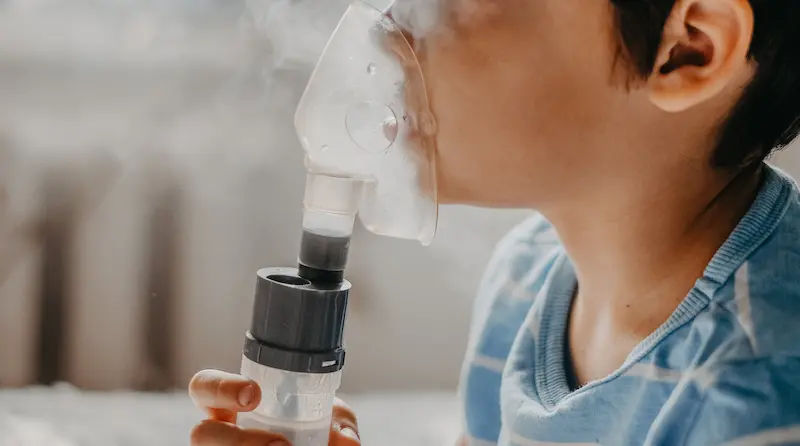- Female
- 24 Years
- 22/01/2025
I've been having this on-and-off pain in my right side submandibular gland for some time now, the weird thing is the swelling just won't go away. It's been like this for 2 years! And lately, for about a month, there's this persistent pain at the base of my neck where the skull ends and also inside my head, all on the right side. I'm struggling to find a doctor who can help; two of them suggested removing the gland, but it still produces saliva. I'm really hoping there's another solution that doesn't involve surgery. Is there anything else I could try?
Answered by 1 Apollo Doctors
It sounds like you may be experiencing chronic inflammation and pain in your submandibular gland on the right side, along with swelling that has been present for 2 years. The recent development of pain in the back of your neck, at the base of your skull, and inside your head on the right side is concerning. Given the persistent swelling and pain, it is important to address this issue promptly. I recommend seeking a consultation with an Ear, Nose, and Throat (ENT) specialist for further evaluation and management. They may consider a thorough examination, imaging studies, and possibly a biopsy to determine the underlying cause of your symptoms. In the meantime, you can try taking over-the-counter pain relievers like acetaminophen to help alleviate the discomfort. Additionally, warm compresses applied to the affected area may provide some relief. As for medication, you can try a course of antibiotics such as Amoxicillin-Clavulanate to address any possible infection in the gland. However, please note that this is a general recommendation and should be confirmed by a healthcare professional after a proper evaluation. I hope you find the relief you are seeking and that your symptoms improve soon.
Dr. Mubarak Suggests...
Consult a Ent Specialist
Answered 04/07/2025
0
0

More ENT Health Queries
View allI'm feeling a bit concerned because there's this dull pain near my windpipe, on the right side of my neck, right in the front. The pain seems to come up when I press on it or tilt my head a certain way. What could be causing this? Should I be worried?
That could be muscle pain also, maintain proper posture and take adequate rest.
Answered by 1 Apollo Doctors
I have chronic suppurative otitis media and one ear is completely damaged I can't hear at all from it. The other ear has a small hole in the eardrum. The doctor prescribed antibiotics, but I'm worried will this infection go away completely? And is there any chance my damaged ear could recover without surgery?
In case of csom there is a hole in the ear drum which makes the middle ear prone for infection.the only permanent solution is to repair the ear drum If don't want surgery good hygienic measures needed to make ear free of infection.
Answered by 1 Apollo Doctors
I was dealing with nasal congestion and ear pain, and my doctor prescribed Lasma Ab for two weeks. Unfortunately, I couldn't follow up with the doctor afterward, so I've been continuing the medication. My nasal congestion seems to have improved, but I'm a bit worried. Could taking Lasma Ab for an extra two weeks do any harm?
If you have already taken Lasma AB for four weeks instead of the prescribed two, it is important to stop the medication and contact your doctor to assess whether any adjustments or further actions are needed.
Answered by 1 Apollo Doctors
Disclaimer: Answers on Apollo 247 are not intended to replace your doctor advice. Always seek help of a professional doctor in case of an medical emergency or ailment.





